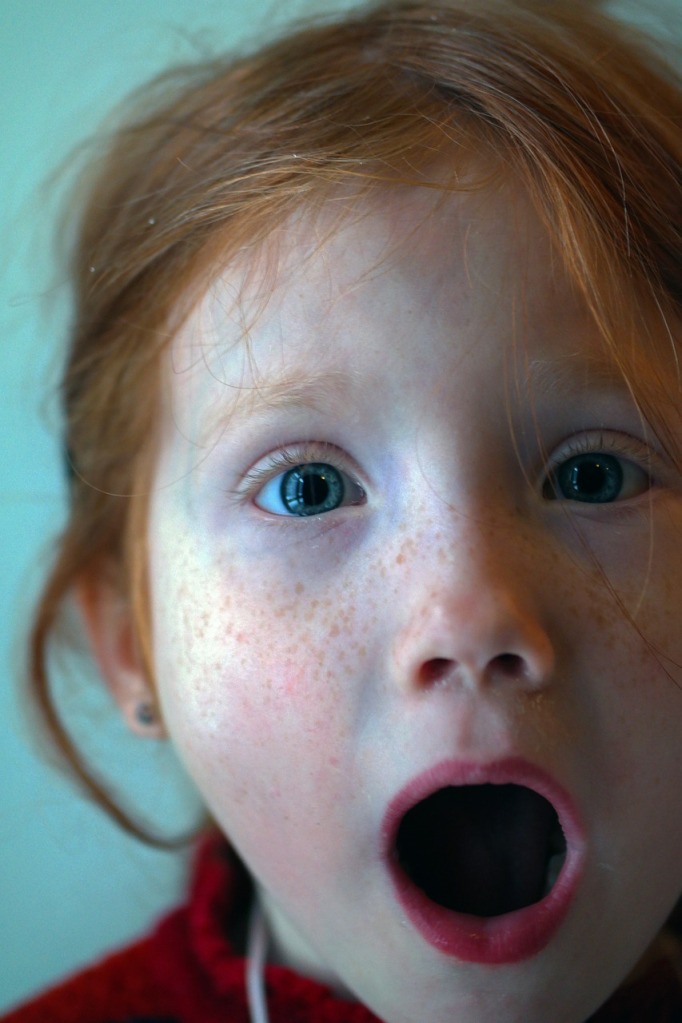Not Again
There are endless variations on Matsuo Basho’s frog/pond/sound of water haiku. Here is one more.
古池や蛙飛こむ水のをと
Matsuo Basho,
Furu ike ya | In an old pond
kawazu tobikomu | a frog leaps,
mizu no oto | — “Plop!” the sound of water
Scholars Say
Scholars say this haiku marked Basho’s coming of age. Written in 1686, Basho was now 46 years old, a mature poet, comfortable in his name, Basho, chosen because of the weather beaten banana tree that stood outside his cottage in the Fukagawa District, outside Edo.
Why We Love It
Maybe, the love of the puzzle lies in the fact the frog lets the water talk.
The fascination with Basho’s frog/pond haiku is never ending. A child is delighted with the surprise of walking along a pond and hearing the splash of water. A linguist considers the transformation of action into language, the water speaks. A physicist sees the transformation of matter into energy. A poet finds sonorous, the repetition of sound combined with the clear visual image. The spiritually inclined (both the Buddhist and the Christian, indeed all religion) finds something meaningful in the idea that life is ephemeral like a frog jumping into a pond, making a small splash, and disappearing. Basho could not know, but he had four more short years to live.
The Vocabulary of Water
Onomatopoeia — a word that sounds just like the thing it is describing. From the Greek, literally, ‘name’ plus ‘making’.
One listens to water coming out of the sink or shower; water boiling; water in a gentle creek, or roaring river; the sound of rain on the roof of a car as you drive; water in a puddle as you try to muddle along.
Water speaks in different ways:
“babble, bubble, burble, drip, drop, fizz, gargle, gurgle, gush, pitter-patter, plop, pop, ripple, roar, rush, slosh, splish-splash, splosh, splatter, sputter, swish, swirl, swoosh, or tinkle.”
Water speaks but it is also felt, as Helen Keller knew. And if the water is boiling hot, “Y’ouch!”
